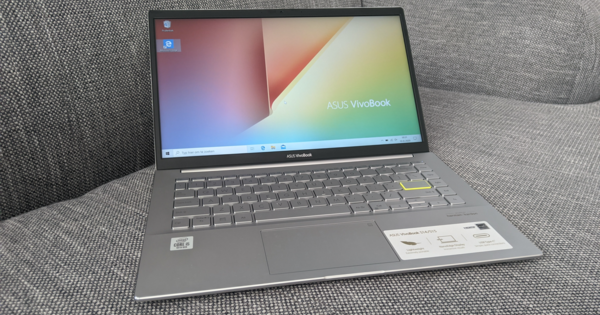Your drive is perhaps the most precious part of your computer. Not because of the price, but because of what's on it. Backups are therefore still recommended, but a sporadic check with a 'stethoscope' is certainly also useful, such as with the portable tool HDDScan.
HDDScan
PriceFor free
Language
English
OS
Windows XP/Vista/7/8/10
Website
www.hddscan.com 7 Score 70
- Pros
- Command Line Support
- User friendly
- For various types of storage media
- Negatives
- Very little (technical) feedback
Almost all modern drives support S.M.A.R.T. (Self-Monitoring Analysis and Reporting Technology), which ensures that they can report their (health) status. You must then take the trouble to request such a report. That's exactly what HDDScan does for you, plus you get some useful tests and tools on top of it.
Smart
The main HDDScan window consists of three parts: Smart, Tests and Tools. If you have multiple disks connected to your PC, you must first select the desired disk. The chance that your disk is not recognized is small, because the tool can handle various types: pata, sata, scsi/sas, usb, raid, ssd and so on.
As you can expect, the Smart heading will provide you with a S.M.A.R.T. report of your drive. Pretty technical information, but as long as all items are accompanied by a green dot, you can assume the drive is healthy. You can also print or save this report; useful for comparing with a later report.

Tests
The Tests section contains some disk operations aimed at checking the reliability of the selected disk. There is a verification test (which reads data without transfer to the host), a simple linear read test and a read test in 'butterfly mode' (a synthetic random test). With these tests you can, if desired, indicate on which sector it should start, how many sectors should be checked and what the size of the reading block is. You only have to click on such a test to see it graphically presented in detail, or to interrupt it temporarily or not. You can also request a test report from this window. Note: between the tests you will also find a destructive erase test: do not use it on a disk from which you still want to recover the data!
Tools
In the Tools section you will find a few extra handy features, including an overview of the features that your disk (not) supports, quite advanced control mechanisms (genre Power Management and Spindle Control), a number of self-tests (provided from the disk controller) as well as a temperature monitor.

